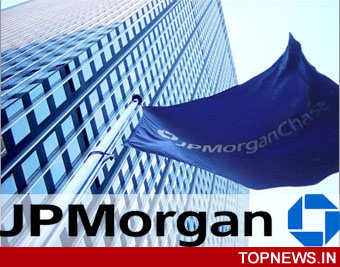
SINGAPORE: The government is seeing some signs of speculation in the Singapore property market, according to National Development Minister Mah Bow Tan.
Speaking on the sidelines of the topping out ceremony of the Marina Bay Financial Centre on Wednesday morning, Mr Mah said the government is monitoring the situation.
It is uncertain if the buying momentum seen in recent months can be sustained, he added.
"The forecast is still for negative growth this year. Although it's not as negative as it was in the beginning of the year, I think there is still uncertainty... But what is important really is for all of us, all the players in the market, to make sure that the market remains healthy," said Mr Mah.
According to latest data from the Urban Redevelopment Authority (URA), sales of uncompleted private homes reached a record high of 1,825 units in June as improving sentiment in the market spurred homebuyers to snap up more units.
Mr Mah assured that there is adequate supply of units in the market for now and the government is prepared to release more land for sale if necessary.
On the Marina Bay Financial Centre, Mr Mah noted that it has already attracted over S$20 billion of private real estate investments from both local and international investors. About 61 per cent of space in the centre has been pre-leased.
Mr Mah also reiterated the government's commitment to the project, saying another S$1 billion in infrastructure works will be invested over the next 10 to 15 years. The figure is on top of the S$7.5 billion already invested in Marina Bay.










